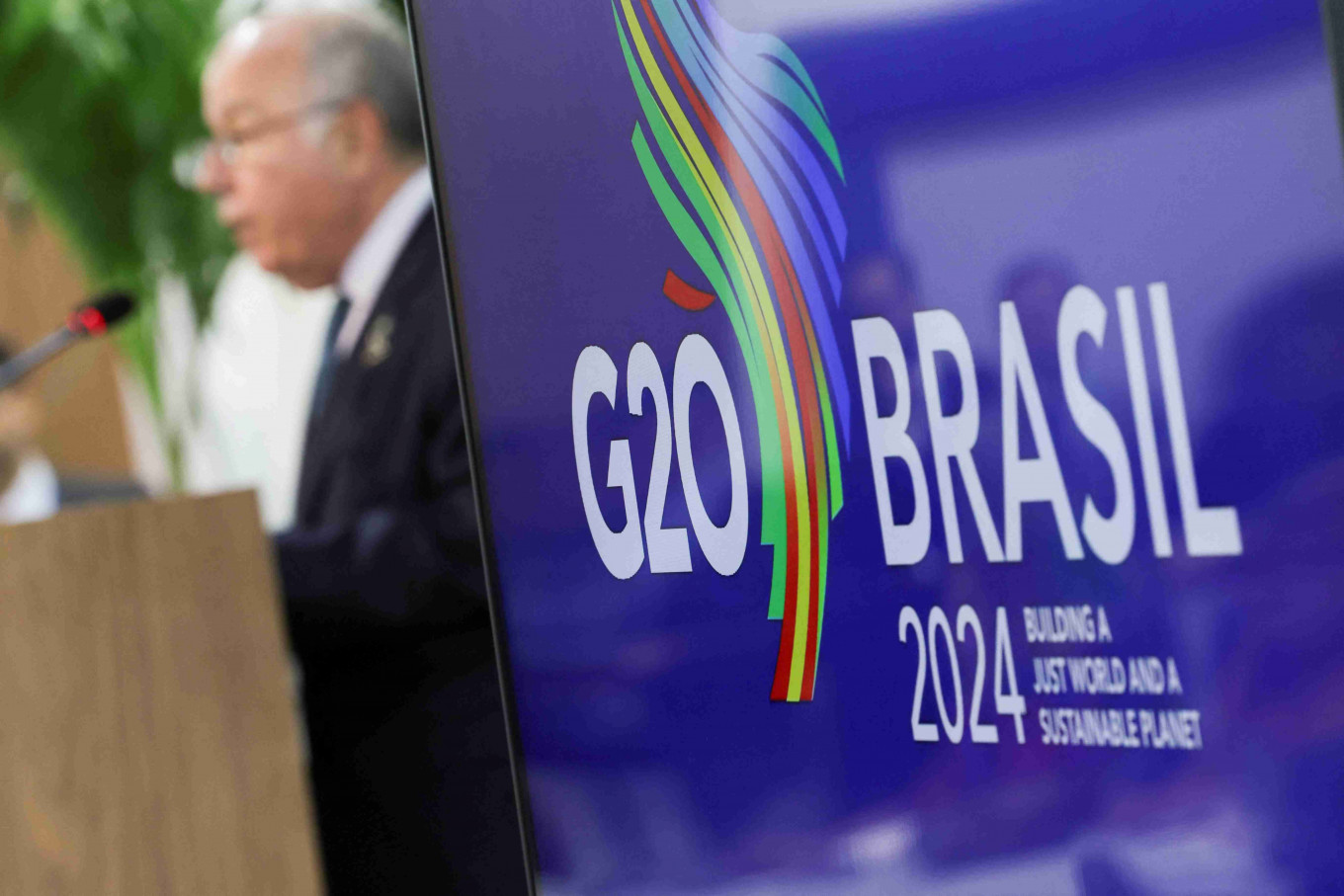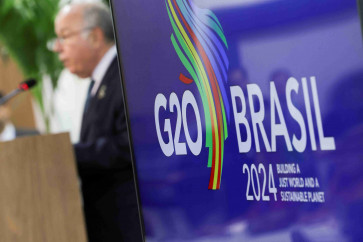Popular Reads
Top Results
Can't find what you're looking for?
View all search resultsPopular Reads
Top Results
Can't find what you're looking for?
View all search resultsWhat the G20 can do for Africa's energy agenda
I stress the importance of achieving a just energy transition in my own country and across Sub-Saharan Africa.
Change text size
Gift Premium Articles
to Anyone

The recent United Nations Climate Change Conference in Baku (COP29) and G20 summit in Rio de Janeiro were a watershed, particularly for developing countries. It was heartening to see the African Union join the discussions in Rio as the G20’s latest official member. And now South Africa has assumed the group’s rotating presidency.
Attending the talks in Rio at the invitation of Brazilian President Luiz Inácio Lula da Silva, I stressed the importance of achieving a just energy transition in my own country and across Sub-Saharan Africa. Energy has been a major topic of discussion in global forums because it is absolutely central to both economic development and climate-mitigation efforts. In Sub-Saharan Africa, around 600 million people (almost half the population) lack access to electricity, and nearly a billion people (one-eighth of the global population) lack access to clean cooking.
Fortunately, several major new programs promise to help close these technology gaps. For example, the African Development Bank (AfDB) and the World Bank have launched the Mission 300 project, which aims to connect at least 300 million people to clean electricity in Africa by 2030. In January, Dar es Salaam will host the Heads-of-State Energy Summit for Mission 300, bringing together government leaders, multilateral development banks, private investors and others. African countries will present their plans to mobilize investments in grid and off-grid solutions using readily available and affordable energy sources.
According to the World Bank, reaching the project’s electrification target will require US$30 billion of public-sector investment, much of which could come from its own concessional financing arm, the International Development Association (IDA). Since G20 member states are the biggest contributors to the IDA, we are asking them to support our mission with robust successive IDA replenishment cycles.
Another major program is Tanzania’s own $18 billion plan to catalyze renewable energy investments in 12 southern African countries that are interconnected by the same pool of geothermal, hydro, solar and wind sources. The goal is to increase electricity generation from these sources by 8.4 gigawatts (GW), which is in keeping with the COP28 pledge to triple the world’s renewable energy generation capacity by 2030.
More broadly, African leaders also set a target at last year’s Africa Climate Summit in Nairobi to increase the continent’s renewable-energy generation to 300 GW by 2030, up from just 56 GW in 2022. This will require an estimated $600 billion, a tenfold increase from current investment levels.
A third important initiative is the African Women Clean Cooking Support Program, which I spearheaded at COP28 to achieve universal access to clean cooking technologies in Tanzania and across Africa. With more than 900 million Africans still dependent on wood and charcoal for cooking, toxic indoor smoke is the second leading cause of premature deaths on the continent, a problem predominantly affecting women and children.



















